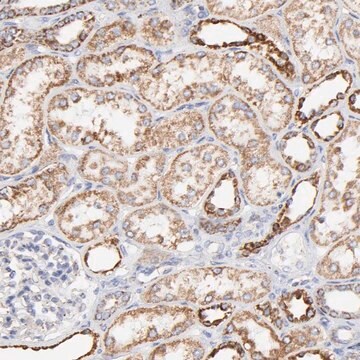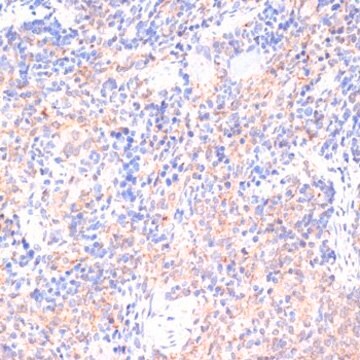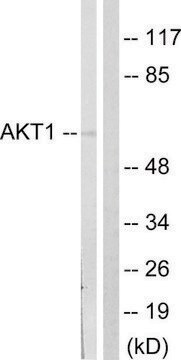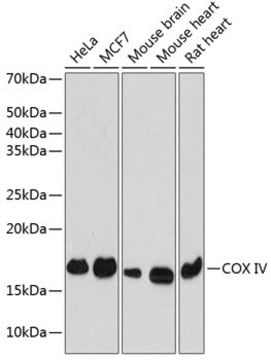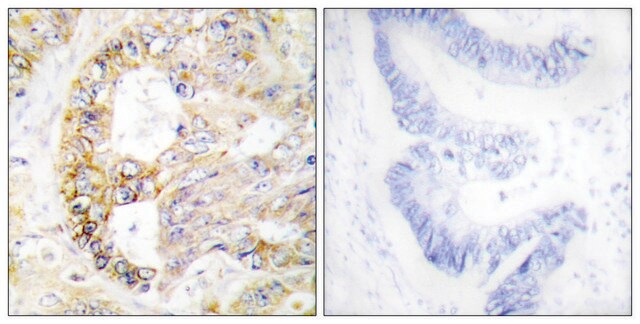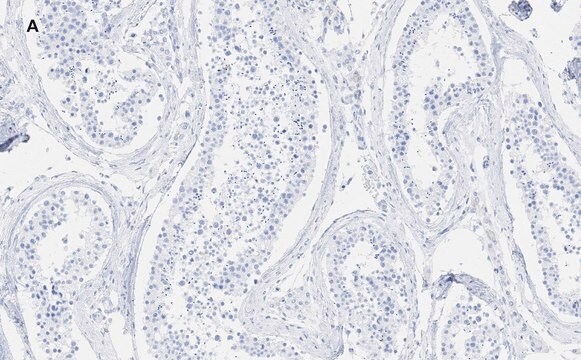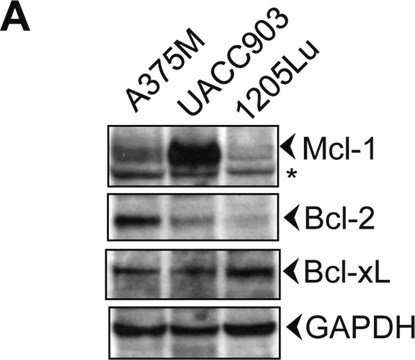SAB5300321
Monoclonal Anti-COX4I1 antibody produced in mouse
clone 6B3, ascites fluid
Synonym(s):
COX4, COX4-1, COX4I1, COXIV, MGC72016
About This Item
Recommended Products
biological source
mouse
conjugate
unconjugated
antibody form
ascites fluid
antibody product type
primary antibodies
clone
6B3, monoclonal
mol wt
19 kDa
species reactivity
human, mouse, monkey, rat
technique(s)
direct ELISA: 1:10,000
flow cytometry: 1:200-1:400
indirect immunofluorescence: 1:200-1:1,000
western blot: 1:500-1:2,000
isotype
IgG1
NCBI accession no.
UniProt accession no.
shipped in
wet ice
storage temp.
−20°C
target post-translational modification
unmodified
Gene Information
human ... COX4I1(1327)
Immunogen
Mouse monoclonal antibody raised against COX4I1
Physical form
Disclaimer
Not finding the right product?
Try our Product Selector Tool.
Storage Class Code
10 - Combustible liquids
WGK
WGK 3
Flash Point(F)
Not applicable
Flash Point(C)
Not applicable
Certificates of Analysis (COA)
Search for Certificates of Analysis (COA) by entering the products Lot/Batch Number. Lot and Batch Numbers can be found on a product’s label following the words ‘Lot’ or ‘Batch’.
Already Own This Product?
Find documentation for the products that you have recently purchased in the Document Library.
Our team of scientists has experience in all areas of research including Life Science, Material Science, Chemical Synthesis, Chromatography, Analytical and many others.
Contact Technical Service